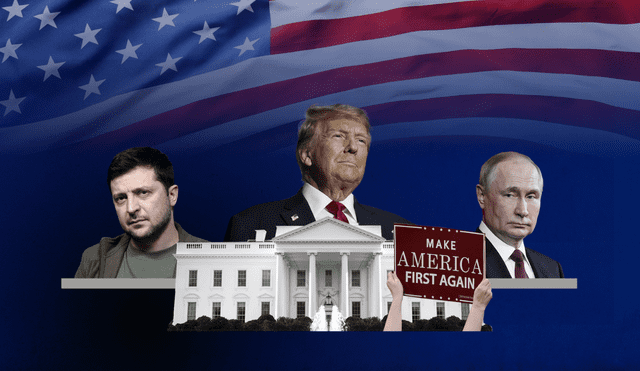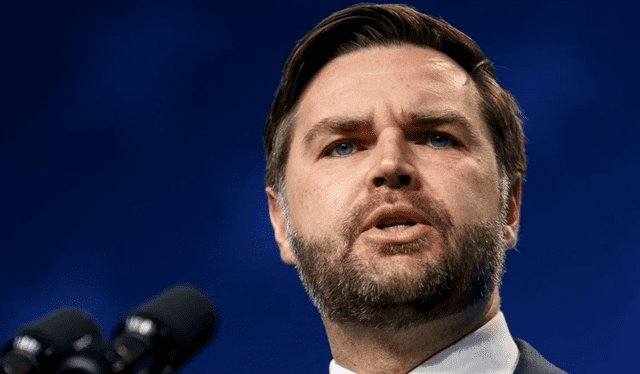Russia-Ukraine war: The United States warns of withdrawal from negotiations if its proposal is not accepted
Vice president JD Vance warns of a possible US withdrawal if Kyiv and Moscow do not accept a proposal. This warning comes amid diplomatic talks between the warring powers.

US vice president JD Vance warned that his country could "withdraw" from the diplomatic process if Russia and Ukraine do not respond to the ceasefire proposal. The US government's position is considered key to the development of the war, after more than two years of armed conflict since 2022.
Vance's statement was made during a visit to India, where he stressed that "it is time for them to say yes or for the United States to abandon this process." At the same time, Washington is sending its special envoy, Steve Witkoff, to hold talks with Russian President Vladimir Putin in Moscow.
Disagreements and changes in leadership at the talks
At the recent negotiations in London between the governments of the United States, Ukraine, the United Kingdom, France, and Germany, the withdrawal of Secretary of State Marco Rubio and envoy Steve Witkoff stood out, as they considered the meetings "technical." President Donald Trump will send General Keith Kellogg in their place.
British diplomats expressed their dismay at the absence of Rubio and Witkoff. According to the US State Department, it was a logistical adjustment, although there are suspicions that these officials withdrew due to a disagreement.

Vice President JD Vance declares possible US withdrawal from the Russia-Ukraine war. Photo: CNN
Critical points of dialogue: Crimea and borders
One of the main points of conflict is the status of Crimea. According to recent reports, Russia would be willing to cease fire if Crimea were annexed to its territory. However, Ukrainian president Volodymyr Zelensky maintains his negative stance on accepting this, as well as the occupation of the peninsula.
Russian spokesman Dmitry Peskov denies these reports and calls them "falsities." Meanwhile, Ukraine seeks a "complete and unconditional" ceasefire, defending Crimea as "non-negotiable." International pressure is growing, but opposing positions are delaying any peace agreement.













